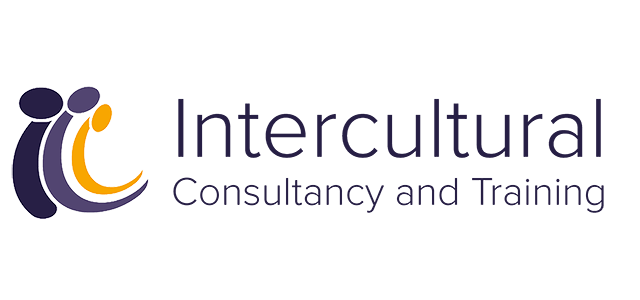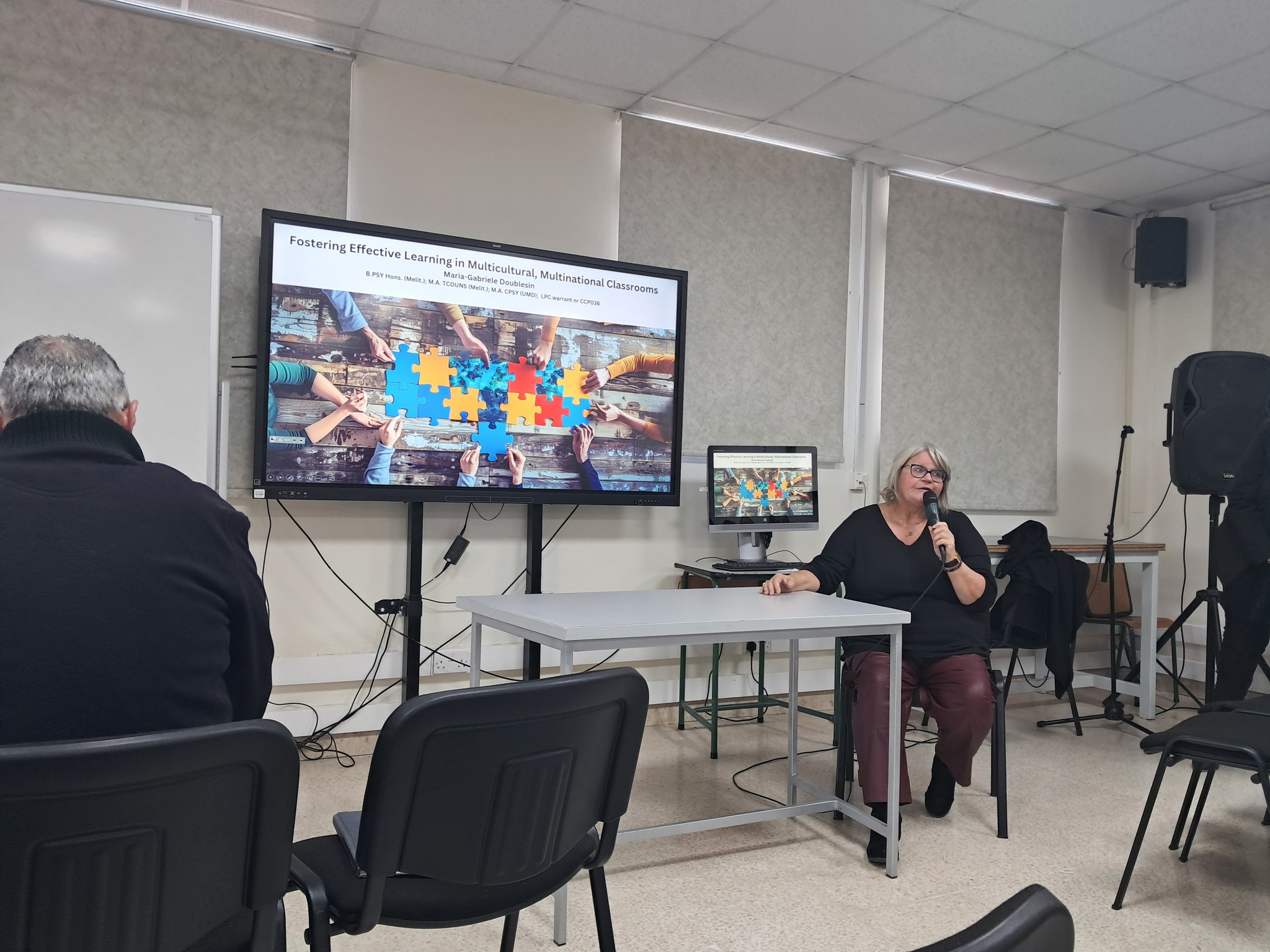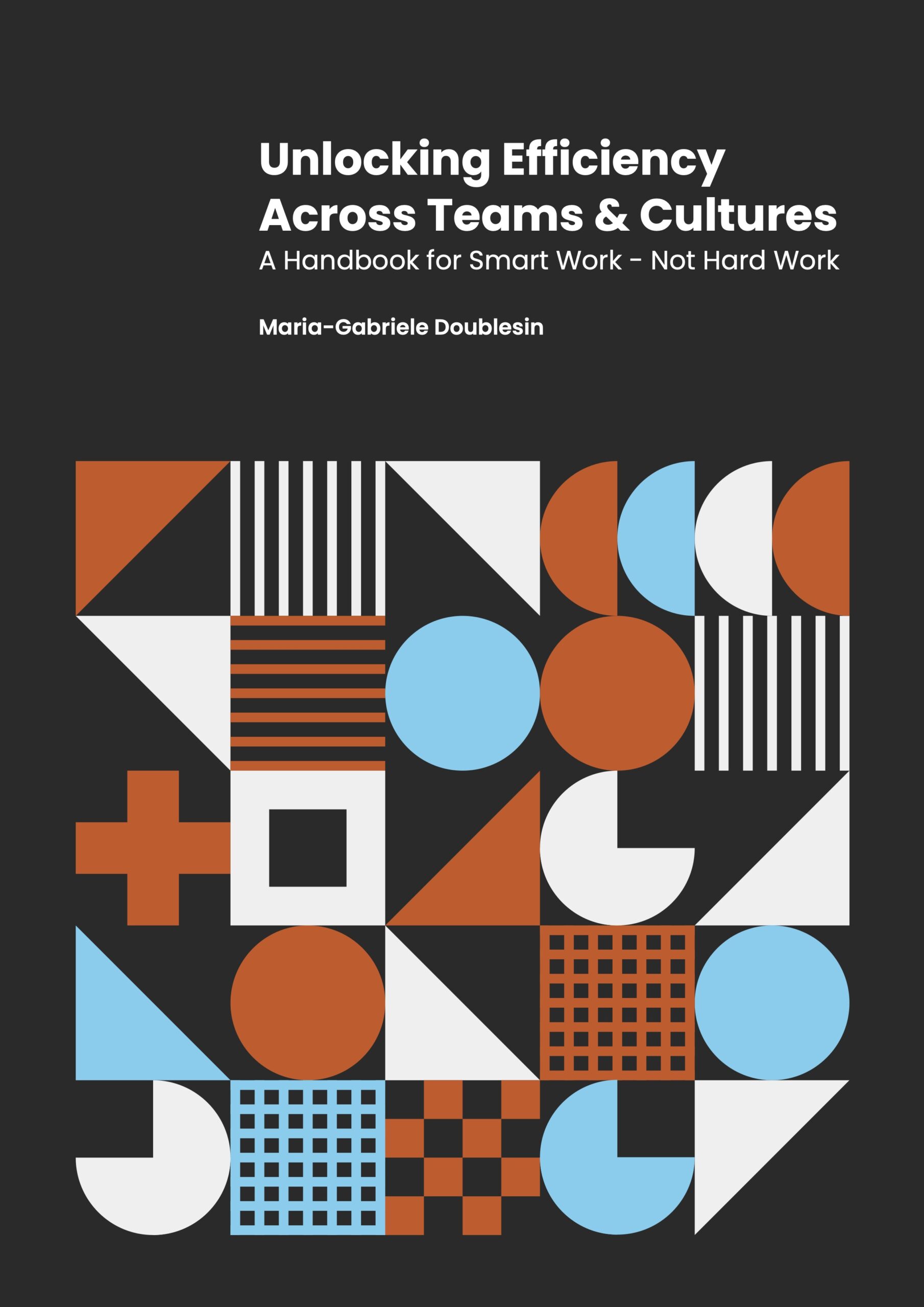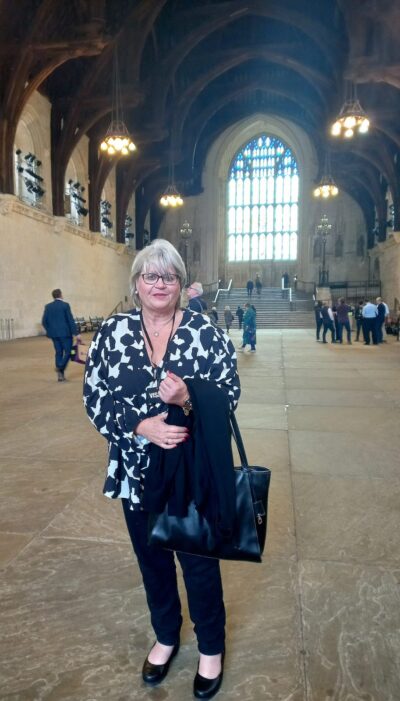How Covid-19 affected people's strategic plans
Since the outbreak of COVID-19, a large portion of our focus is on solving problems caused by the effects of this pandemic and on creating strategic plans. When it comes to problem-solving, decision making, and strategic planning, these are specific cognitive processes that require an open mind. Open-mindedness is an acquired leadership skill and a prerequisite for higher-order thinking.
Without maintaining an open mind any formal process that we use will only amplify the proverbial “garbage in, garbage out” because these cognitive processes are only as effective as the type of facts, we feed them with. And those facts must include information and data that not only supports the perceived decision your instinct tells you to make and, most importantly, it must also include data that contradicts your assumptions.
We look at the world through the lens of our assumptions which causes our brain to recognise patterns related to threats and opportunities, which can hinder us to assume an open mind disposition, as we are easily falling prey to ‘information bias’, which is the conscious or unconscious act of seeking and selecting information or data that only supports our assumptions. Consequently, we avoid facts that go against our experiences and our beliefs. This is when we remain trapped in one-sided stories, also called ‘single stories’ which are actually incomplete interpretations of the actual story about situations, people, and cultures.
 Often, we define the world around us and situations through the lens of single stories, which can rob people of their dignity or we risk a critical misunderstanding. Single stories create stereotypes, ideologies, and the notion of cultural supremacy or subjugation. A one-sided, single-story never provides a general, or holistic view of a problem or a situation.
What gets our attention also prevents us from seeing the whole picture. Unexpected things go unnoticed when attention is focused elsewhere. Caught up in the precepts dictated by a single-story will never offer a holistic and innovative re-engineering approach, which is critical to navigating ourselves and business safely through our global crisis.
I believe that in order to get ourselves through this, we need to take a reflective stance to examine our own involvement in single stories and create a solution that is designed for the socio-economic and cultural environment we are currently living in and start to revise inaccurate views of people, places, and situations.
Often, we define the world around us and situations through the lens of single stories, which can rob people of their dignity or we risk a critical misunderstanding. Single stories create stereotypes, ideologies, and the notion of cultural supremacy or subjugation. A one-sided, single-story never provides a general, or holistic view of a problem or a situation.
What gets our attention also prevents us from seeing the whole picture. Unexpected things go unnoticed when attention is focused elsewhere. Caught up in the precepts dictated by a single-story will never offer a holistic and innovative re-engineering approach, which is critical to navigating ourselves and business safely through our global crisis.
I believe that in order to get ourselves through this, we need to take a reflective stance to examine our own involvement in single stories and create a solution that is designed for the socio-economic and cultural environment we are currently living in and start to revise inaccurate views of people, places, and situations.
 Often, we define the world around us and situations through the lens of single stories, which can rob people of their dignity or we risk a critical misunderstanding. Single stories create stereotypes, ideologies, and the notion of cultural supremacy or subjugation. A one-sided, single-story never provides a general, or holistic view of a problem or a situation.
What gets our attention also prevents us from seeing the whole picture. Unexpected things go unnoticed when attention is focused elsewhere. Caught up in the precepts dictated by a single-story will never offer a holistic and innovative re-engineering approach, which is critical to navigating ourselves and business safely through our global crisis.
I believe that in order to get ourselves through this, we need to take a reflective stance to examine our own involvement in single stories and create a solution that is designed for the socio-economic and cultural environment we are currently living in and start to revise inaccurate views of people, places, and situations.
Often, we define the world around us and situations through the lens of single stories, which can rob people of their dignity or we risk a critical misunderstanding. Single stories create stereotypes, ideologies, and the notion of cultural supremacy or subjugation. A one-sided, single-story never provides a general, or holistic view of a problem or a situation.
What gets our attention also prevents us from seeing the whole picture. Unexpected things go unnoticed when attention is focused elsewhere. Caught up in the precepts dictated by a single-story will never offer a holistic and innovative re-engineering approach, which is critical to navigating ourselves and business safely through our global crisis.
I believe that in order to get ourselves through this, we need to take a reflective stance to examine our own involvement in single stories and create a solution that is designed for the socio-economic and cultural environment we are currently living in and start to revise inaccurate views of people, places, and situations. 




